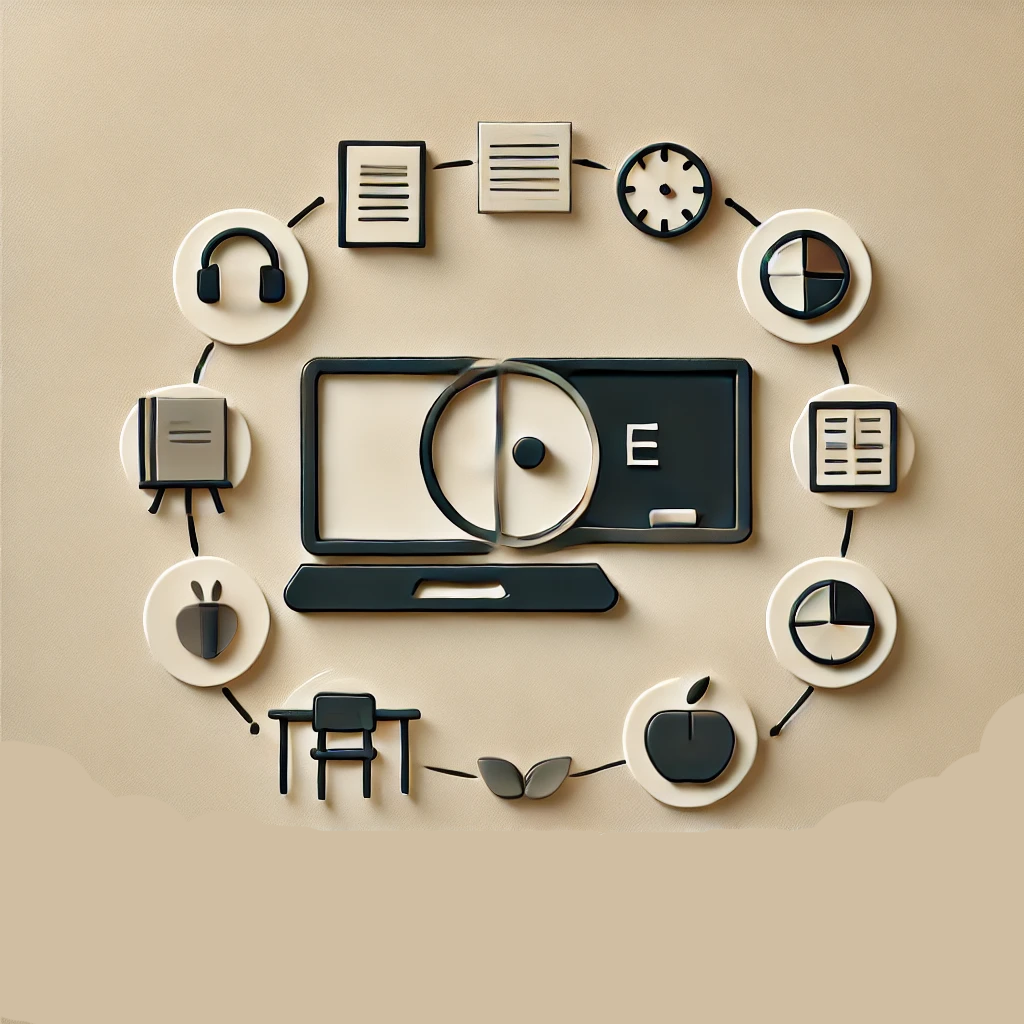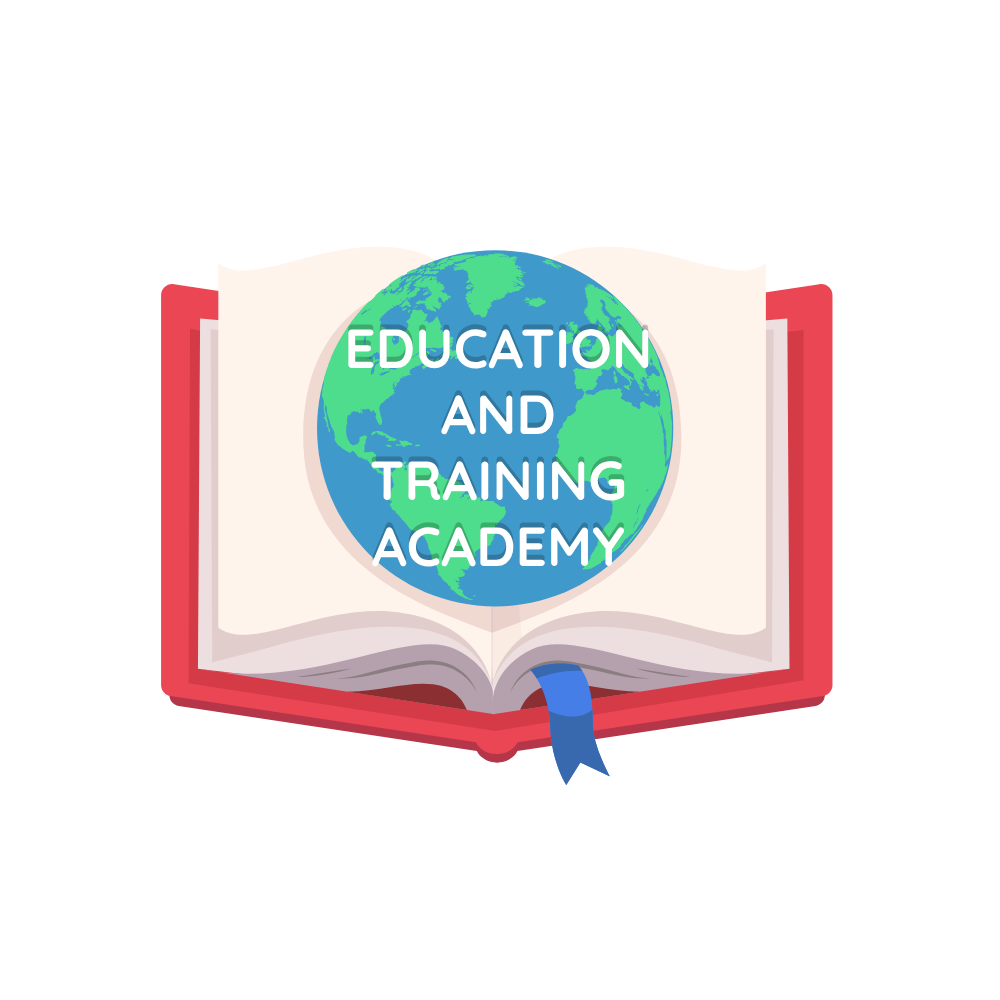MAXIMIZING LEARNING POTENTIAL: ENGAGING BLENDED LEARNING ACTIVITIES

Certificate Yes
Cost €80/day
Language English
Duration 5 Day course
Cities: Antalya, Bitola
"Maximizing Learning Potential: Engaging Blended Learning Activities" stands as a cornerstone in modern pedagogy, offering educators a comprehensive journey into the realm of blended learning strategies. With a steadfast commitment to enhancing educational practices, this course is meticulously designed to furnish educators with the innovative tools necessary to seamlessly integrate blended learning into their teaching methodologies. Rooted in the overarching objectives of the Erasmus+ Programme, this course champions the transformative potential of technology in augmenting student engagement, fostering collaboration, and optimizing learning outcomes in today's dynamic educational landscape.
Description
Crafted with a keen understanding of the evolving needs of educators, this course serves as a beacon for those eager to harness the transformative power of blended learning. Tailored to cater to the diverse needs of educators across disciplines and educational settings, participants will embark on an immersive exploration of blended learning models, cutting-edge tools, and invaluable resources. Through a blend of theoretical insights, practical demonstrations, and hands-on activities, educators will be equipped with the knowledge and skills to design and implement dynamic blended learning activities that resonate with diverse learning styles and preferences.
Participants will not only gain a comprehensive understanding of the theoretical underpinnings of blended learning but will also delve into the practical aspects of its implementation. From leveraging learning management systems to integrating multimedia elements, educators will learn how to curate immersive learning experiences that transcend the boundaries of traditional classroom instruction. Moreover, this course will delve into strategies for assessing student progress and providing timely feedback in a blended learning environment, ensuring that educators are equipped with the necessary tools to monitor and support student learning effectively.
By the culmination of this transformative journey, educators will emerge as trailblazers, armed with a diverse arsenal of blended learning strategies poised to revolutionize their teaching practice and maximize the learning potential of their students. Through collaborative discussions, peer reflections, and ongoing support, participants will foster a vibrant community of practice dedicated to advancing pedagogical excellence in the digital age.
Learning Objectives
- Understand the concept of blended learning and its potential benefits for enhancing student engagement and learning outcomes.
- Explore various blended learning models, including flipped classrooms, hybrid learning, and station rotation, and their applicability in different educational contexts.
- Learn how to integrate digital tools and resources, such as learning management systems, educational apps, and multimedia content, into their teaching practice to create engaging and interactive learning experiences.
- Design and develop blended learning activities that promote active learning, collaboration, and critical thinking skills among students.
- Evaluate the effectiveness of blended learning activities using formative and summative assessment strategies and adjust instructional practices accordingly.
Methodology and Implementation
Interactive Workshops: Participants will engage in interactive workshops where they will explore the principles and practices of blended learning. Through hands-on activities, demonstrations, and group discussions, participants will gain practical insights into designing and delivering effective blended learning activities.
Hands-On Technology Training: Participants will receive hands-on training on various digital tools and platforms commonly used in blended learning environments. They will learn how to create engaging multimedia content, facilitate online discussions, and assess student learning using digital assessment tools.
Case Studies and Best Practices: Participants will analyze case studies and examples of best practices in blended learning from schools and educational organizations. They will examine successful initiatives and programs implemented in diverse educational settings and learn how to adapt and implement similar strategies in their own classrooms.
Assessment Implementation
Pre- and Post-Assessment: Participants will complete pre- and post-assessments to evaluate their knowledge, attitudes, and skills related to blended learning. The assessments will measure participants' understanding of key concepts, their confidence in implementing blended learning activities, and their readiness to integrate technology into their teaching practice.
Project-Based Assessment: Participants will work on a project-based assessment where they will design and develop a blended learning activity for their own classrooms or educational contexts. They will apply their knowledge and skills to create engaging and interactive learning experiences that cater to the diverse needs of their students.
Peer Feedback and Reflection: Participants will provide feedback to their peers on their blended learning activity designs and implementations. They will offer constructive feedback and suggestions for improvement based on their own experiences and perspectives. Participants will also engage in reflection activities to reflect on their learning and identify areas for growth.
Daily Programme
Day 1: Introduction to Blended Learning
Morning Session:
- Welcome and Course Overview
- Welcome and Course Overview
- Workshop: Understanding Blended Learning Models and Approaches
Afternoon Session:
- Hands-On Technology Training: Exploring Digital Tools for Blended Learning
- Case Study Analysis: Examples of Successful Blended Learning Initiatives
Day 2: Designing Engaging Blended Learning Activities
Morning Session:
- Workshop: Design Principles for Blended Learning Activities
- Hands-On Technology Training: Creating Multimedia Content for Blended Learning
Afternoon Session:
- Project-Based Assessment: Designing a Blended Learning Activity
- Peer Feedback and Reflection: Sharing Activity Designs and Providing Feedback
Day 3: Implementing Blended Learning in Practice
Morning Session:
- Workshop: Strategies for Implementing Blended Learning in the Classroom
- Hands-On Technology Training: Facilitating Online Discussions and Collaboration
Afternoon Session:
- Project-Based Assessment: Developing a Blended Learning Activity Prototype
- Peer Collaboration: Sharing Prototypes and Providing Feedback
Day 4: Assessing Student Learning in Blended Environments
Morning Session:
- Workshop: Formative and Summative Assessment Strategies for Blended Learning
- Hands-On Technology Training: Using Digital Assessment Tools
Afternoon Session:
- Project-Based Assessment: Refining Blended Learning Activity Designs
- Peer Feedback and Reflection: Reviewing and Reflecting on Assessment Strategies
Day 5: Reflection and Integration
Morning Session:
- Workshop: Reflecting on Blended Learning Experiences and Lessons Learned
- Action Planning: Developing Personalized Action Plans for Blended Learning Integration
Afternoon Session:
- Peer Collaboration: Sharing Action Plans and Providing Feedback
- Closing Reflection and Certificate Distribution
